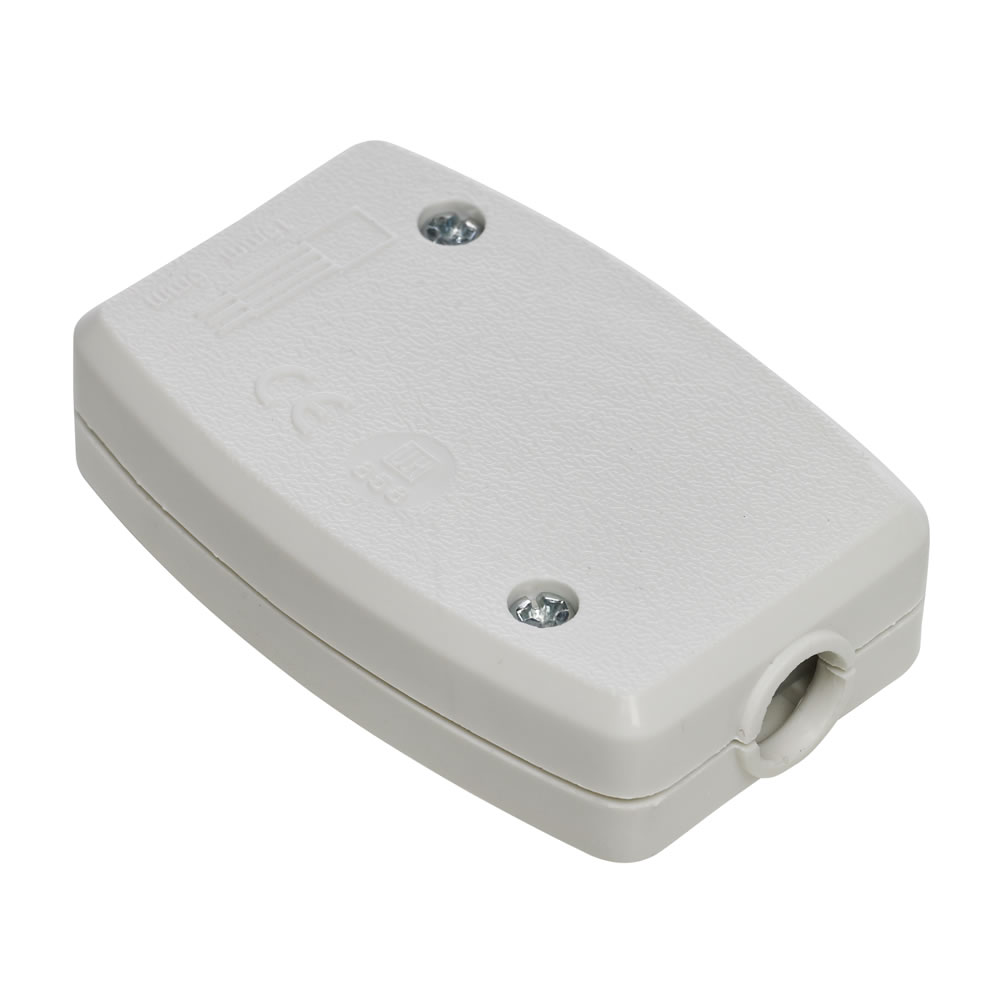Hi
I’m moving a kitchen around and need to have the washing machine on an accessible plug
Can I plug a single extension lead into a normal plug socket and route this to the back of the washing machine so it can plug in?
Need to move the plug about 3m
Thanks in advance for any help
I’m moving a kitchen around and need to have the washing machine on an accessible plug
Can I plug a single extension lead into a normal plug socket and route this to the back of the washing machine so it can plug in?
Need to move the plug about 3m
Thanks in advance for any help


